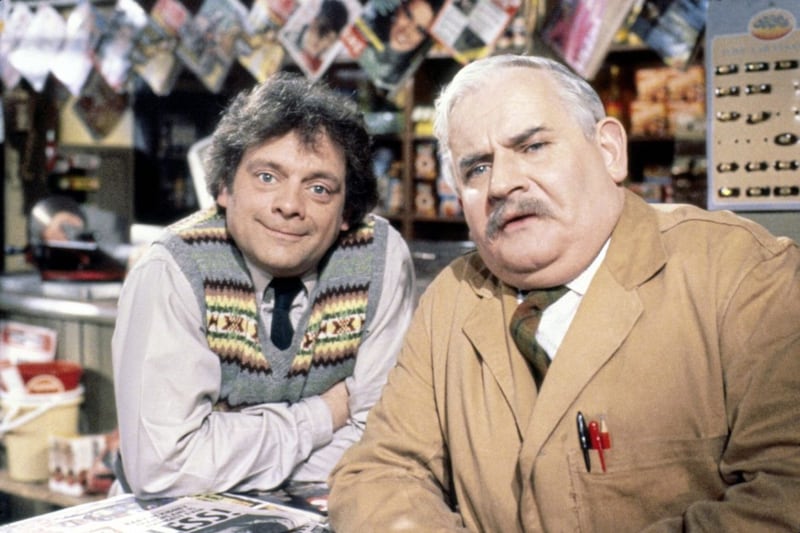The education authorities in their wisdom, have come up with the novel idea of removing the study of novels from the GCSE curriculum.
First they came for poetry; now they’ve come for prose. What next can they cull in the cause of illiteracy? Truly, we’re living in an increasingly philistine age, breeding a generation of technological hotshots but intellectual and cultural ignoramuses.
You think I’m exaggerating? An alarming survey published recently by Renaissance UK, revealed that, of the twenty most popular titles in secondary schools, eleven are by Jeff (Diary of a Wimpy Kid) Kinney, four by David (Gangsta Granny) Walliams, with J.K. Rowling’s first and simplest Harry Potter coming in an inglorious nineteenth. The study examined the reading habits and levels of comprehension of more than a million pupils in the UK and Ireland and discovered that perfectly capable 13-16 year olds are consistently choosing books at least three years below their chronological age.
So much for intellectual challenge and the development of a critical sense. At that age and stage in my day there was a heavy emphasis on the classics in the school curriculum. The richness of Dickens’ ‘David Copperfield’ and ‘A Tale of Two Cities’ was only appreciated later, since we hadn’t enough historical knowledge of either Victorian England or the French Revolution at the time, but we spouted our received opinions and passed the exams. More modern socially relevant classics like ‘The Catcher in the Rye’, ‘To Kill a Mockingbird’ and ‘Lord of the Flies’ only made it onto the list in the Sixties.
The habit of reading used to be caught, rather than taught. Mine is the last generation reared without the perpetual burble of the radio and the flicker of a screen in the background. We read for want of any alternative, my father behind a newspaper, my mother reading and crocheting simultaneously.
My omnivorous literary consumption plummeted when I discovered Radio Luxembourg under the bedclothes and we acquired a television set. Only a love of language and the library saved me from pop perdition and carried me through to finer things.
There were of course the ‘set’ novels for ‘O’ and ‘A’ level and later at college – internationally recognised authors, though I never really got to grips with George Eliot’s Middlemarch, (due to feminist pressure) being re-printed with the author’s real name, Mary Anne Evans. With all the pretentiousness of studenthood, I tackled ‘War and Peace’, ostentatiously carrying it about under my arms for weeks. Truth to tell, I only read the ‘peace’ bits, since I can’t be doing with battles.
The thing about being exposed at an impressionable age to the best writing, is how it informs the mind, alters perceptions, provokes thoughts and hones analytical skills, under the guise of a cracking good story. The critical appraisal of a novel poses ethical questions, the dissection of character, analysis of the plot, richness of vocabulary and overall reader satisfaction – an exercise that has caused ructions since in many an adult group, including my own, renowned for heated debate.
Every young person needs the transcendental experience of ‘getting lost in a book’, travelling with the characters through their trials and triumphs, savouring the skill of a writer whose phrases perfectly convey a narrative in language they might never frame themselves. Without challenge they will never progress. Without perceptive guided study of novels these are skills lost to our students – and they’ll be all the poorer for it.
Language is a living thing, constantly evolving. Every generation sheds redundant words and phrases and coins fresh ones for new purposes. Only Shakespeare remains an immutable sacrosanct heart-scald to students five centuries on. Perhaps some enterprising scribe will translate it into text-speak for the rising generation?
As for intellectual rigour – In the category of ‘you couldn’t make it up’, I note that a New York university has published an academic paper on how students perceive the use of the full stop in messaging. Apparently it comes across as ‘abrupt, unfriendly, less sincere, less positive’. Words fail me. Aristophanes, (who introduced the full stop in the third century B.C) thou shouldst be living at this hour….








